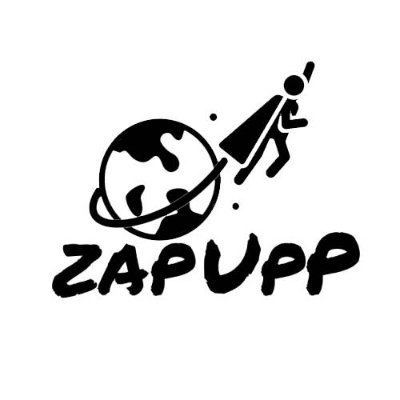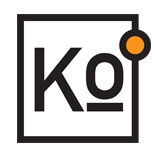PM Search Engine
Articles recommended/written by PMs at Google, FB + almost every other major tech co/startup.
📰

Articles recommended/written by PMs at Google, FB + almost every other major tech co/startup.

17-part course on PM basics

Various articles and summaries about Product Management. Sebastien Phlix has compiled a couple years of these reading lists, but I find that 2018 was the best!

When hiring product managers, look for candidates who are very smart even at the expense of experience. Screen for product instincts, which is a difficult skill to train. Ensure the candidate can understand the importance of earned leadership.

Although outdated, this article is a classic read that divides good PMs from bad PMs

Top 1% Product Managers excel at the following skills: Think big, communicate, simplify, prioritize, forecast and measure, execute, understand technical trade-offs, understand good design, write effective copy

You should choose a career in product if you’re obsessed about your customers and the problems they have. Becoming a product manager is less like becoming a “CEO of a product,” and more like becoming the conductor of an orchestra. You need to be good at: execution, win with a team, have vision & discipline. To become a great PM, you need to focus on the following: knowing your customers, obsessing about the design and experience for the user, and becoming a great storyteller

A PM is responsible for building products by performing 4 key responsibilities: Identity Needs, Build a viable product, Sell and be profitable, roadmap to the future

There are three key categories of Knowledge that a Product Manager should have to effectively operate. 1. Organizational Knowledge 2. Product Knowledge 3. Industry Knowledge The primary job a product manager brings to the table is communication. They have to be an excellent communicator, able to communicate the same core message to various audiences

Avoid being in a feature factory at all costs

"Okay, so if a designer designs and a developer develops, what does a product manager do? The most succinct answer I can give is this: A product manager defines the job that a product must do in order to succeed." "In short, it doesn’t matter if the answer is right if the question you set out to answer is wrong. It’s the job of the product manager to ensure that the product team is working to answer the right question(s)."

Key takeaways from Intercom's product process. 1) They have a set of guidelines for making decisions 2) They demand clear accountability 3) They obsess over our lightweight, transparent roadmap 4) They have a culture of goal setting

Product management is not as sexy as it sounds. The four main themes: 1) You’re not managing a product. You’re managing the problem it solves. 2) Your product is only as good as a user’s perception of it. 3) Product Managers are neither designers nor engineers. 4) It’s not about being a star — It’s about managing a universe.

Product Management boils down to 3 key responsibilities: 1) Product Strategy 2) Prioritization 3) Execution

Prioritization is a key responsibility of product management. First determine which themes the business should focus on, then rank the top 3 themes to focus on now, then generate projects for each theme, estimate value then estimate cost, and finally prioritize projects within each theme. This enables you to focus on prioritizing within a theme rather than prioritizing against two disparate projects